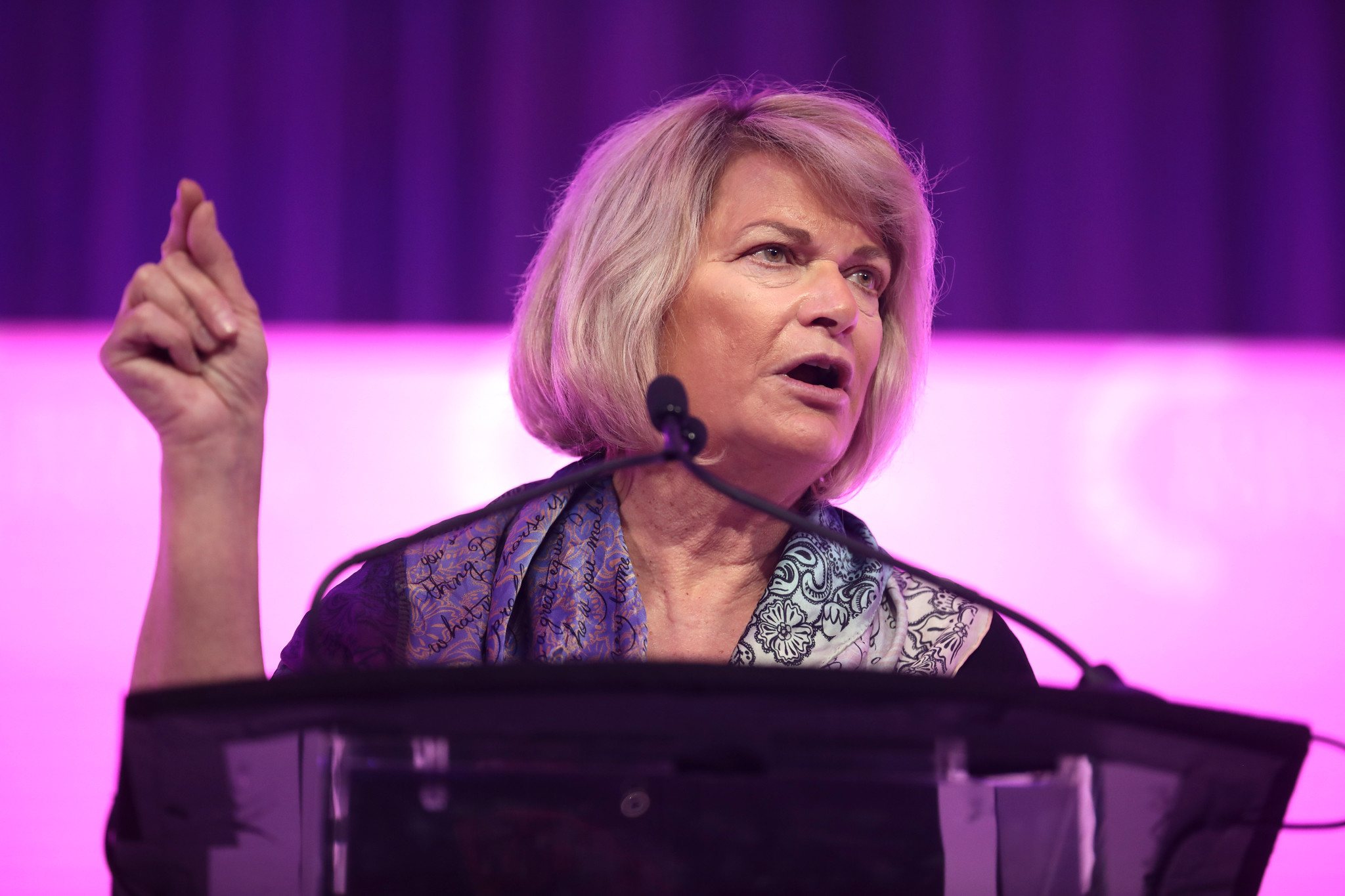
Key Takeaways
- Kazakhstan plans to establish a state-run bitcoin reserve funded by seized assets and state mining.
- The national bank will manage the reserve to ensure oversight and risk management.
- State-managed bitcoin reserves are becoming more common globally, with similar efforts in the US and India.
The National Bank of Kazakhstan is preparing to establish a state-managed bitcoin reserve, according to a report by Kazinform.
The reserve is expected to be funded by expropriated digital assets and proceeds from government-linked mining operations.
This move aligns Kazakhstan with a growing number of countries considering official bitcoin reserves.
National Bank Chairman
National Bank Chairman Timur Suleimenov highlighted the importance of oversight and risk management, stating that a centralized institution would ensure proper control over the reserve.
In a written response to a parliamentary inquiry, the central bank reiterated support for the initiative, suggesting management could be delegated to a dedicated subsidiary focused on alternative investments.
Recent developments in Kazakhstan’s bitcoin policy
Kazakhstan has made several moves toward greater bitcoin adoption.
In May, President Kassym-Jomart Tokayev announced the ‘CryptoCity’ pilot zone, where bitcoin and other digital assets can be used for payments.
Meanwhile, authorities have cracked down on illegal exchanges to strengthen financial oversight and combat money laundering.
Global momentum for government bitcoin reserves
Kazakhstan’s initiative mirrors similar efforts worldwide, where national bitcoin reserves are gaining popularity.
In the US, the creation of a Strategic Bitcoin Reserve and Texas’s recent authorization for a state-run bitcoin reserve reflect this trend. US Senator Cynthia Lummis noted military interest in a national bitcoin reserve as a safeguard against economic warfare.
For a comprehensive view of existing government and institutional bitcoin holdings, see Bitbo’s treasuries database.




